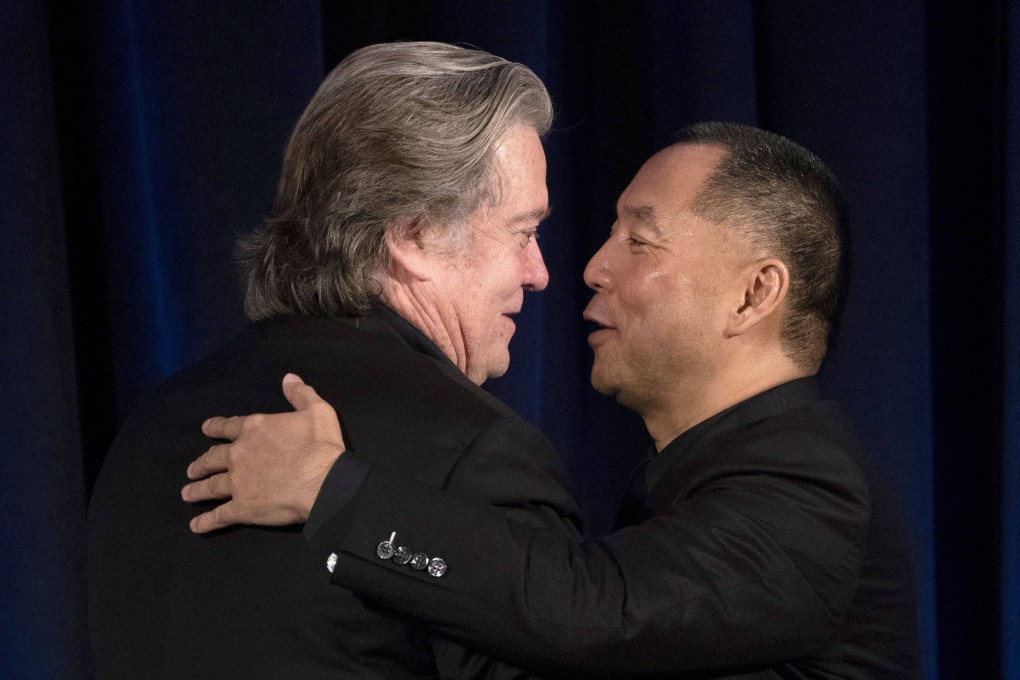My Take | Guo Wengui and his associates are only the tip of an iceberg of foreign interference in Hong Kong
- The arrest in the United States of the self-described billionaire and fugitive in relation to an alleged US$1 billion fraud will hopefully close a sorry episode of a massive political and financial scheme

One of the murkier chapters of US-based political organisations with links to the anti-government movement behind 2019 riots may soon draw to a close. The arrest in the United States of Guo Wengui, who is also one of China’s most wanted fugitives, will hopefully close a sorry episode of a massive political and financial scheme.
The self-described billionaire tycoon has been indicted in New York on 11 counts relating to an alleged US$1 billion fraud. He fled to the US in 2014 after being charged with bribery and money laundering as President Xi Jinping launched his multi-year anti-corruption campaign.
He first attracted attention in self-imposed exile by promising to spill the beans on official corruption and sex scandals on the mainland. But he came to prominence in Hong Kong when he held a live broadcast with Sixtus Baggio Leung Chung-hang, the disqualified lawmaker and one of the leaders of the protest movement, during a mass rally in June 2019.
In the broadcast which immediately went viral, Guo lectured Leung on tactics to use against the Hong Kong and mainland governments while promising to continue financial and diplomatic support for Leung and his fellow protesters. He cited his close associate and business partner Steve Bannon, who was at one time a top adviser to former president Donald Trump at the White House. Indeed, Bannon, who once called Guo “the Donald Trump of Beijing”, was arrested aboard his friend’s yacht on fraud charges in August 2020. Trump pardoned Bannon on the federal charges before leaving office but some of those charges were reinstated last September in New York State, which the presidential pardon did not cover. Bannon’s fraud charges were unrelated to Guo’s.
Leung subsequently fled to the US with pending national security charges against him in Hong Kong.
Guo has close ties with the Republican Party. According to a report published in New Yorker magazine in October, “his businesses paid hundreds of thousands of dollars to Trump advisers, including Steve Bannon, Rudy Giuliani and the attorney L Lin Wood, who joined efforts to overturn the 2020 [presidential] election”.
